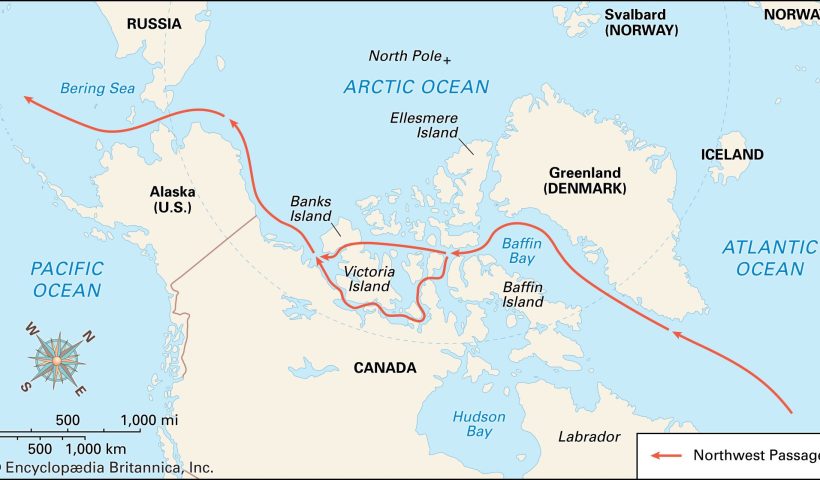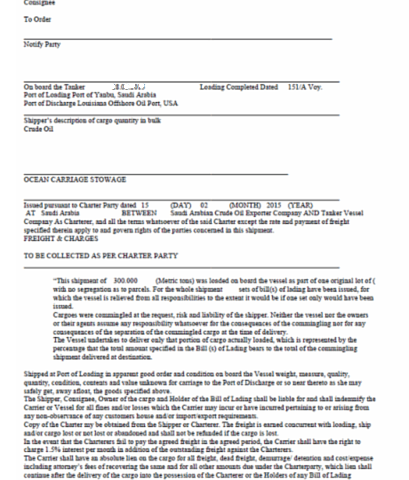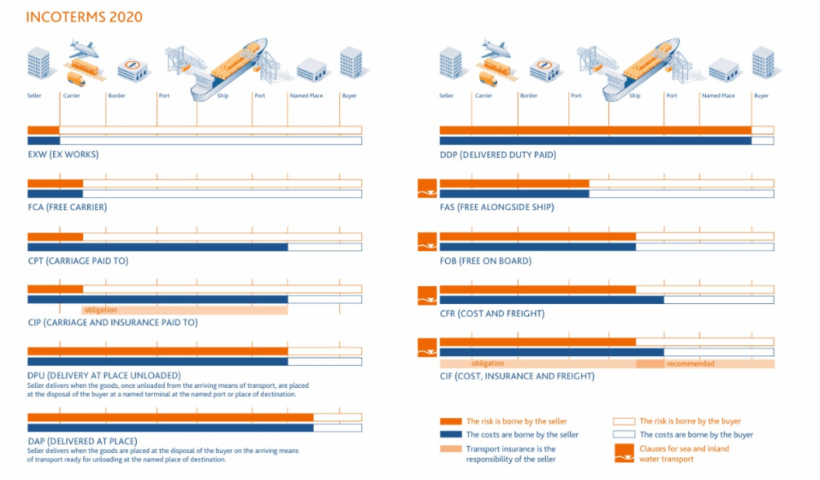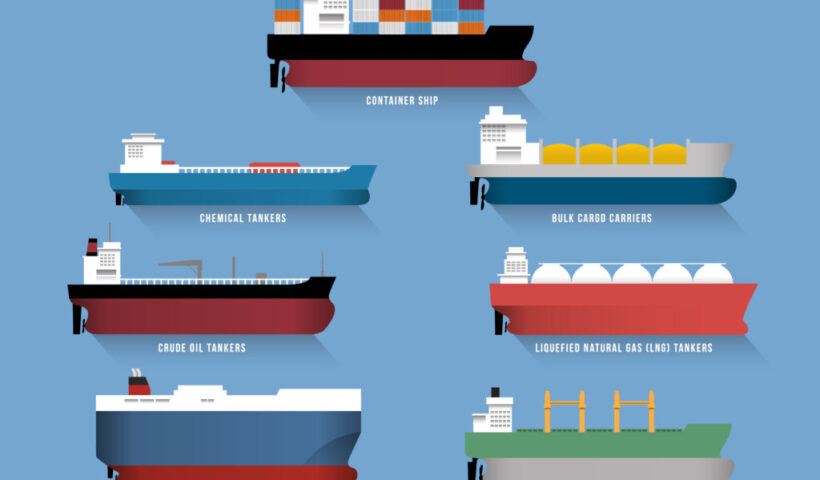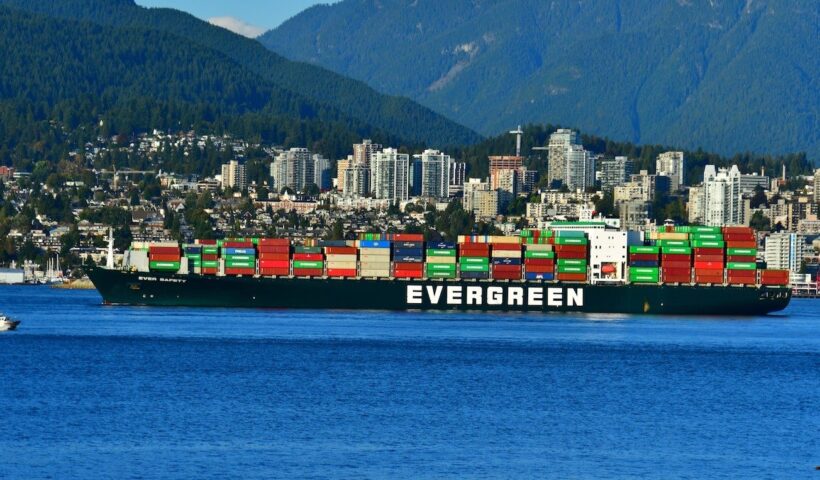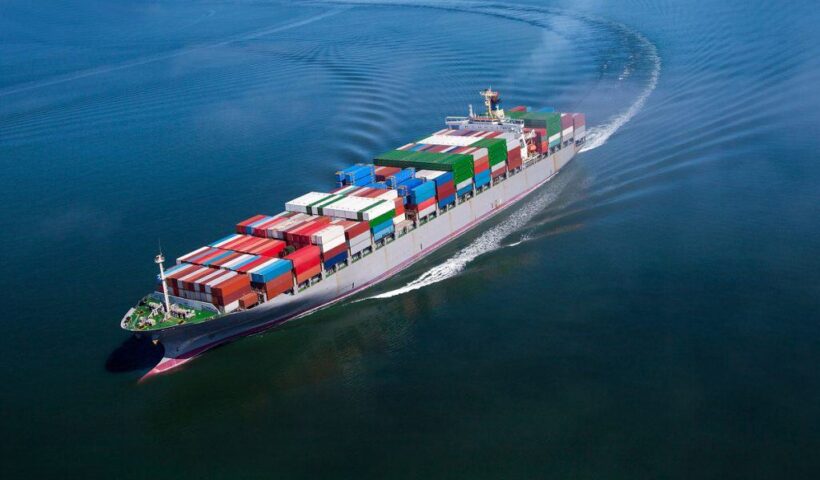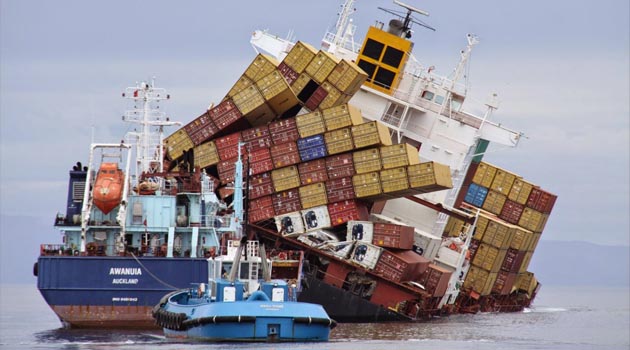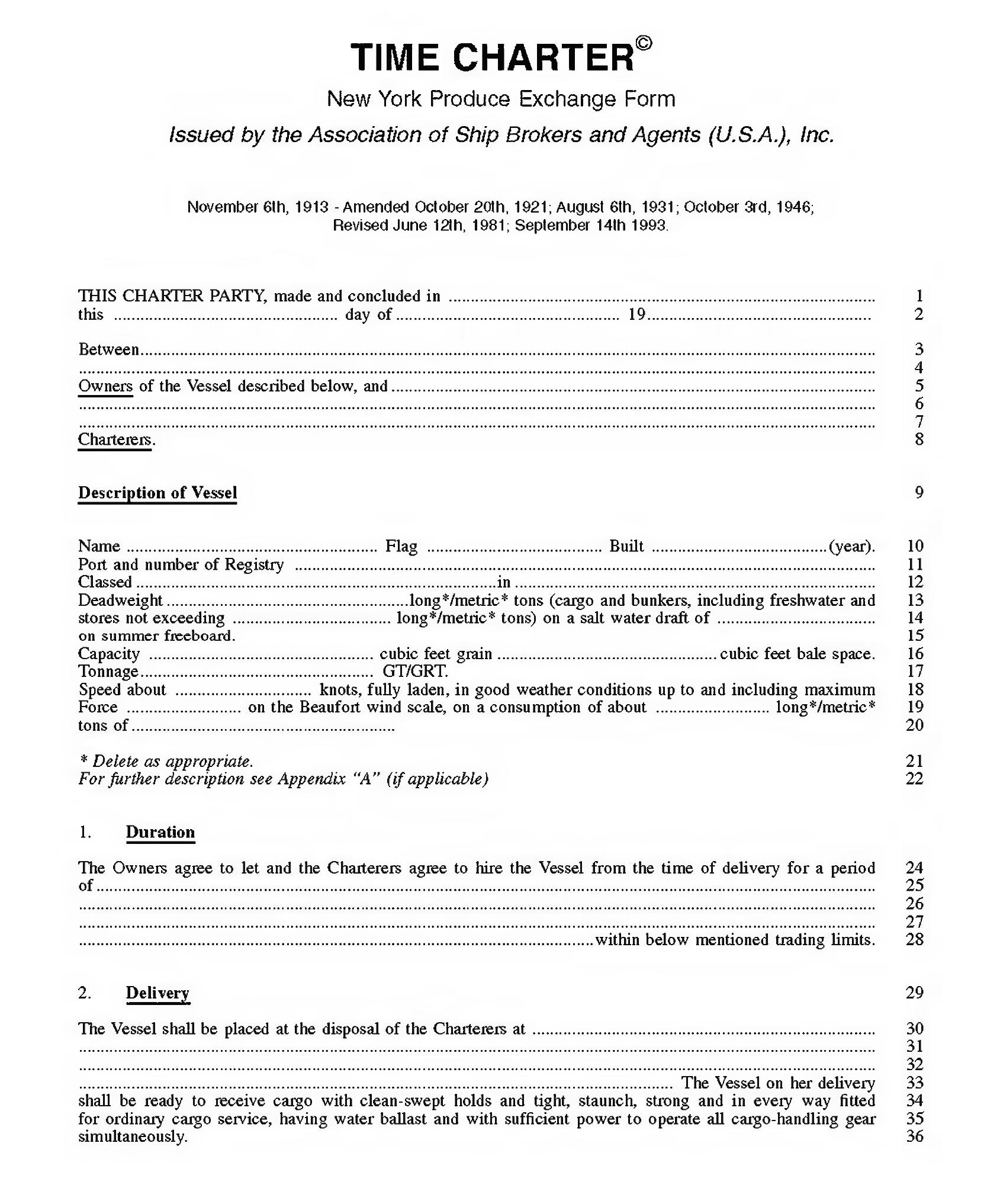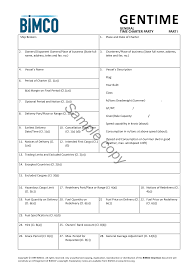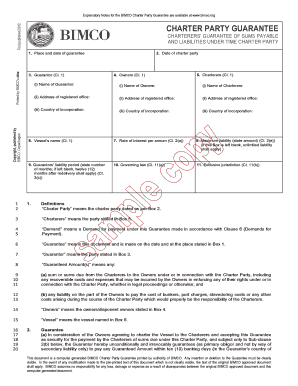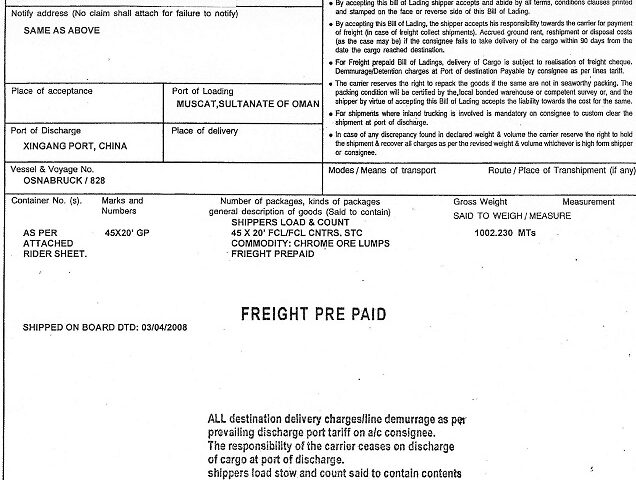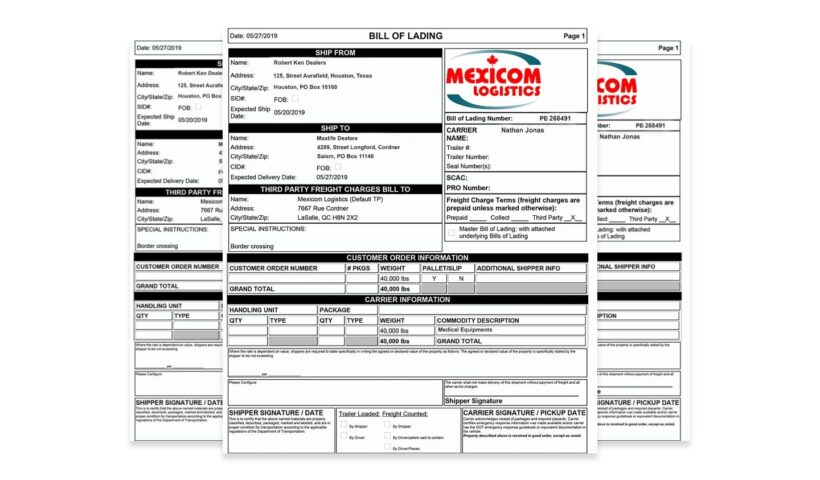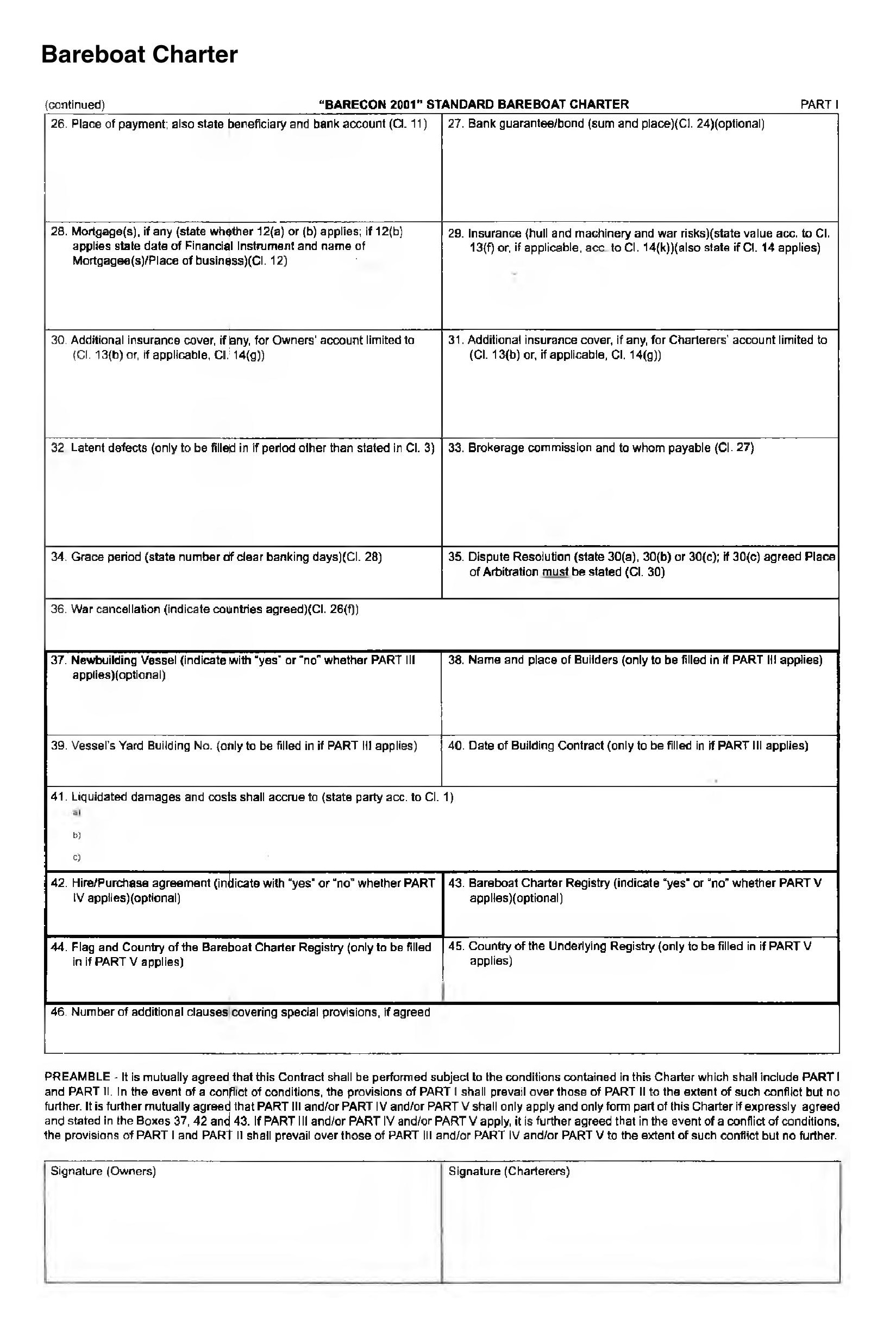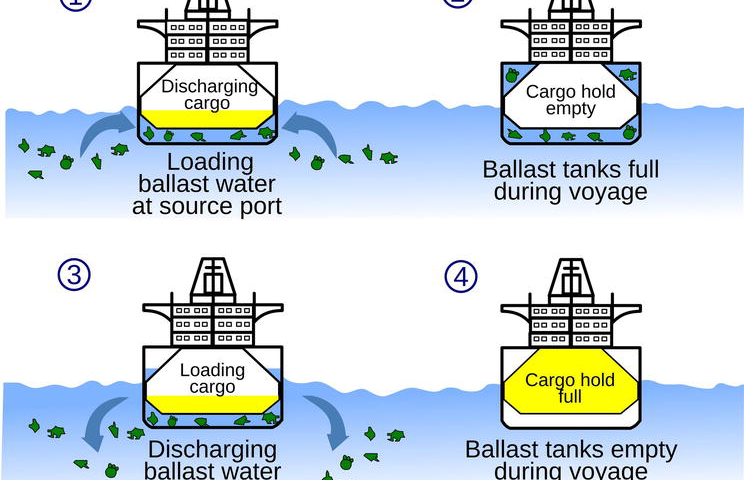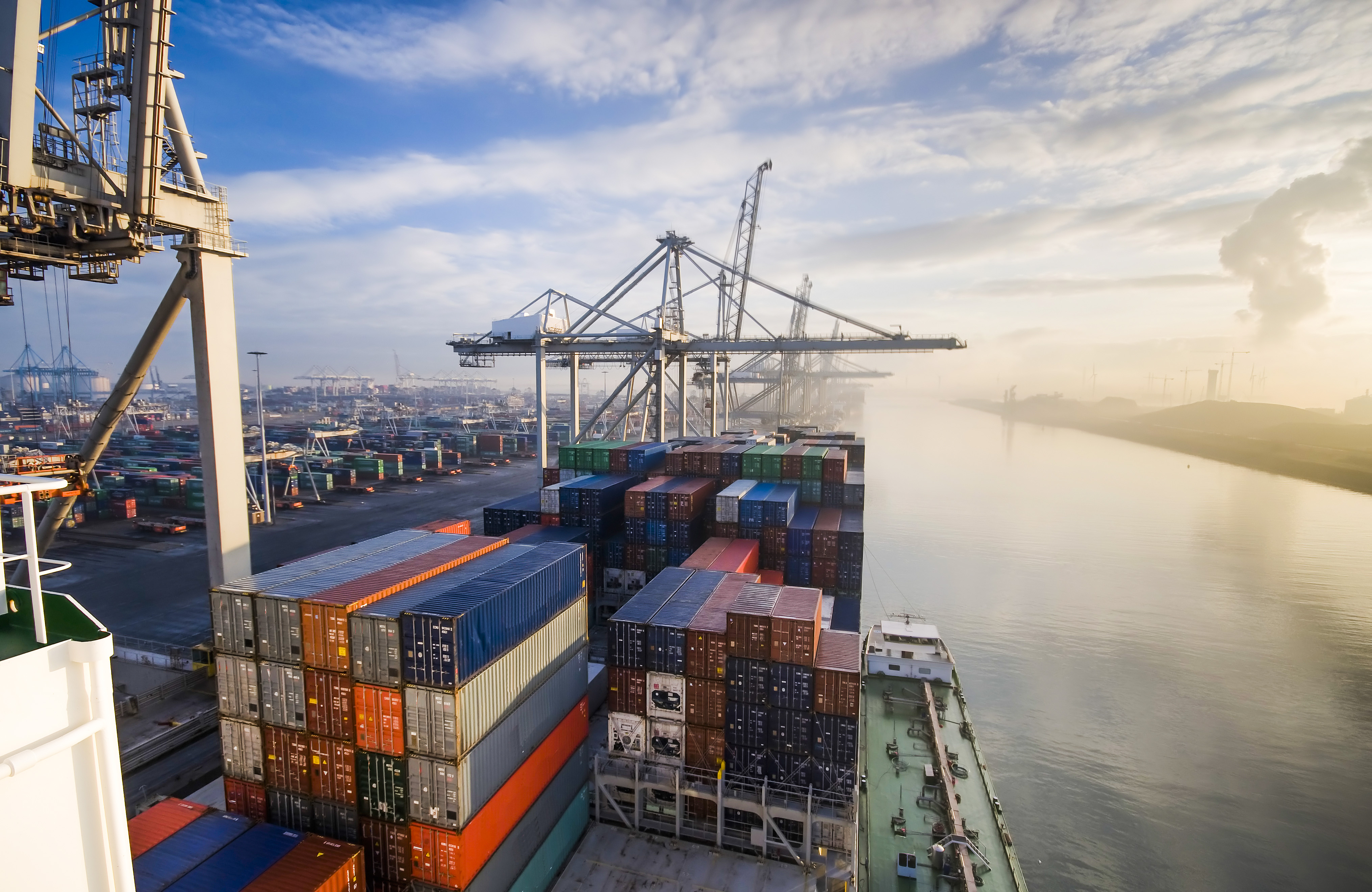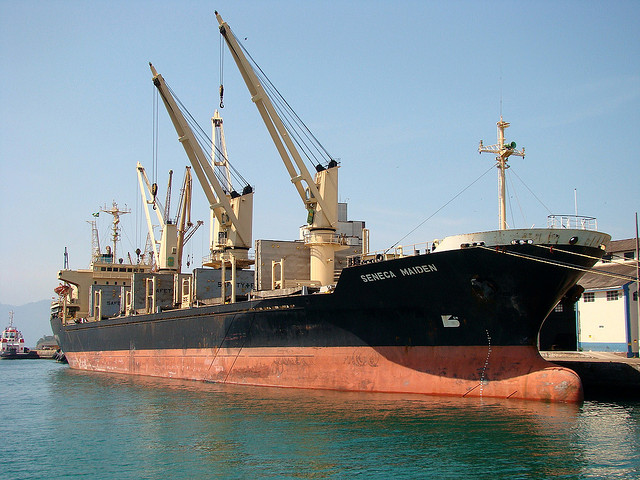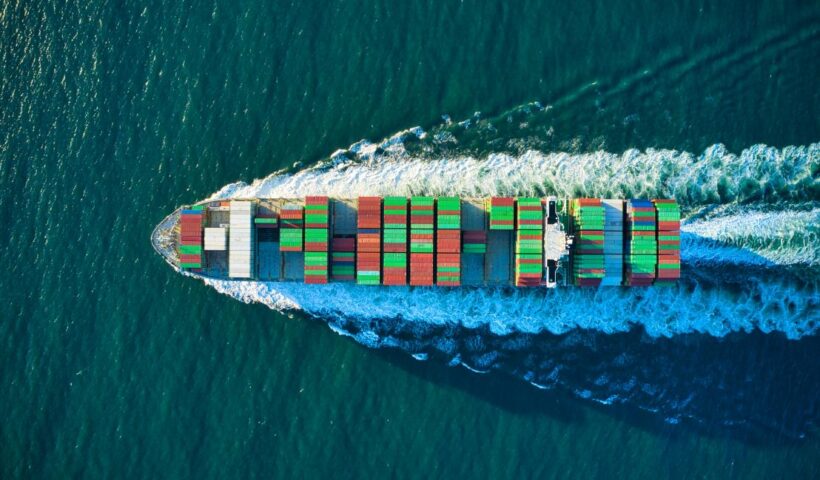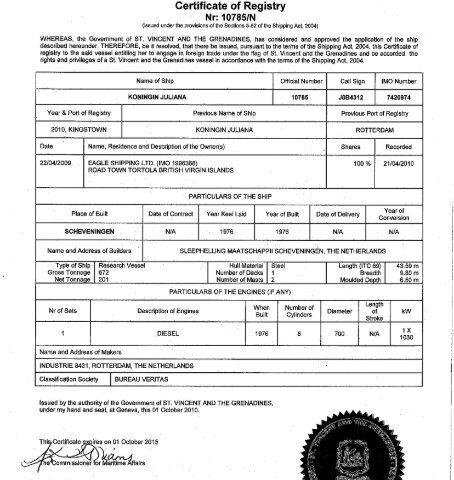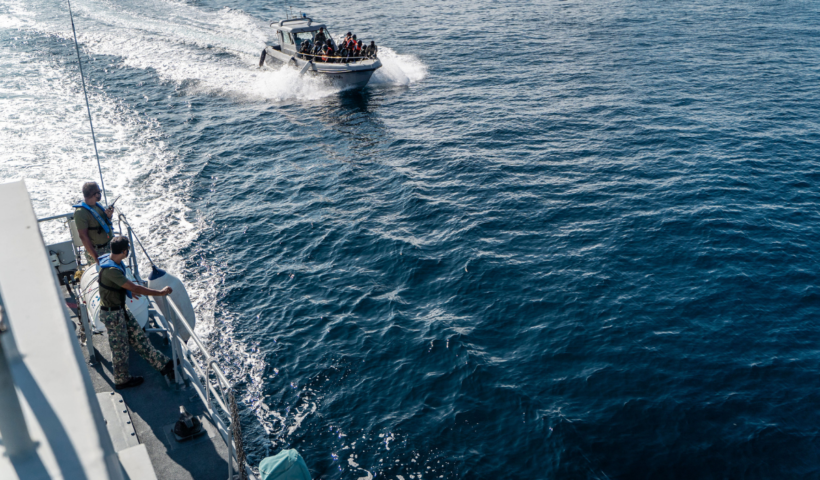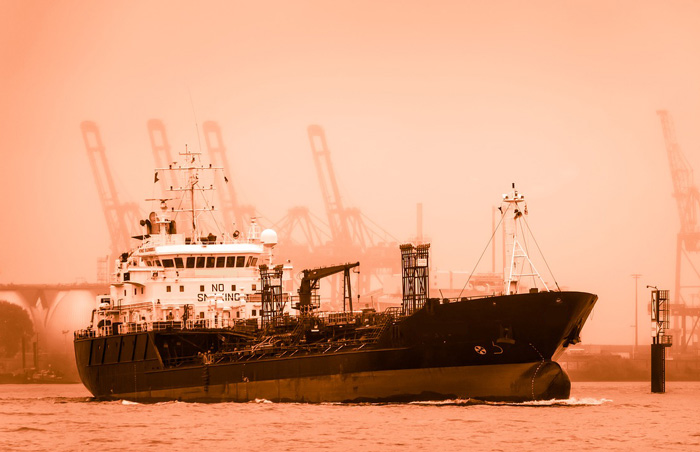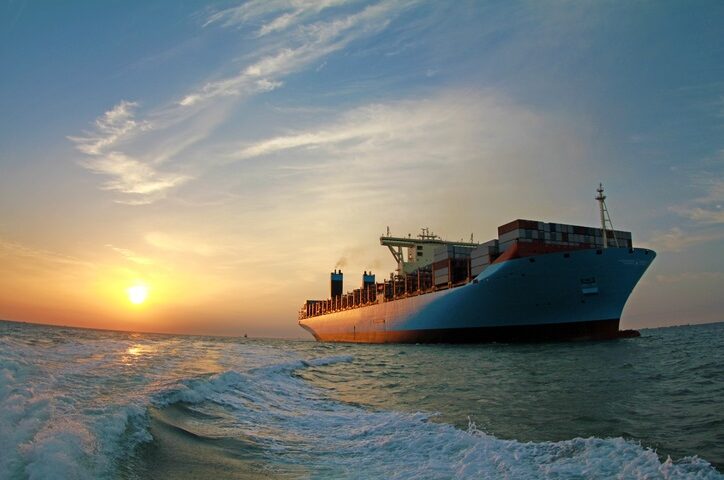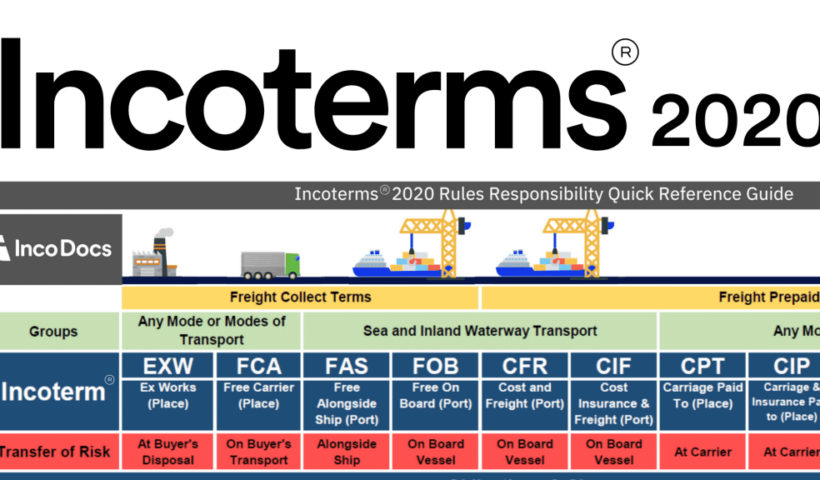Oceanic Odyssey: Sailing the Seas of Evolution
View More Oceanic Odyssey: Navigating the Ever-Evolving Global Maritime CanvasCategory: shipping law
Discovering Northwestern Passages: An Analytical Journey
Discovering Northwestern Passages: An Analytical Journey
View More Discovering Northwestern Passages: An Analytical Journeywhat is the meaning of Charter- party in maritime law and shipping law?
Documents containing all the terms and conditions of the contract betweena shipowner and a charterer. Charter- parties, or charters as they are oftenreferred to, fall…
View More what is the meaning of Charter- party in maritime law and shipping law? Charter- party bills of lading, waybills and cargo
receipts
A variety of documents arise from the chartering of a ship, commencing with
the document containing the contract itself, the charter- party. The type
of charter- party and its content depend on whether it is a time charter or
voyage charter and the type of commodity to be carried
receipts
what is the meaning Charter freight terms in maritime law and shipping law
Voyage charter freight, more often than not, consists of the ocean freight or
sea freight only. This is because cargoes of sufficient size to warrant chartering
a ship (charterable quantity) are larger than liner cargoes, normally
sufficient to fill the ship; the loading and discharging berths are very often
controlled by cargo owners or used frequently by them. Freight on this basis
is said to be on a free in and out basis.
what is the meaning of Charter documentation in maritime law and shipping law
This section examines the documentation associated with charters from the
perspective of the charterer. There are significant differences between time
charters and voyage charters in respect of the functions of the charterer and
hence of some of the documents involved.
what is the meaning Carrier in maritime law and shipping law
Party who enters into a contract with a charterer or shipper, as the case may
be, for the carriage of cargo.
Cargo types in maritime law and shipping law
Cargoes fall into two basic categories: liquid and non- liquid, termed wet cargoes
and dry cargoes. Each type is carried in different ways for different reasons.
Cancellation of a charter in maritime law and shipping law
Repudiation of the contract, most often by the voyage charterer or time
charterer when the ship misses her cancelling date, or by the time charterer
when the ship is off hire for longer than the period stipulated in the
charter- party.
Every charter has a date by which the shipowner must tender notice of
readiness to the charterer that the ship has arrived at the port of loading and
is ready to load. This date is known as the cancelling date. The charterer
may have the option of cancelling the charter if the ship arrives after this date.
what is the meaning Bunker surcharge in maritime law and shipping law?
The bunker surcharge is a surcharge on the freight reflecting fluctuations in
the price of fuel, aimed at ensuring that shipping lines are not out of pocket
as a result of such fluctuations. The need for this surcharge arose suddenly
in 1974 when oil prices quadrupled. Fuel then became a significant element
in the shipowner’s costs (to a lesser extent it still is, although, because of the
high prices reached by bunker prices, shipowners have striven to find ways of
reducing consumption).
what is the meaning Bulk carriers in maritime law and shipping law?
Single deck ships designed to carry homogeneous unpacked dry cargoes such
as sugar or cereals. Such ships have large hatchways to facilitate cargo handling,
hopper sides and wing tanks. The latter are used either for the carriage
of grain, other bulk cargoes or water ballast. Bulk carriers, or bulkers as they
are sometimes called, are built in a wide range of sizes and are generally gearless,
although smaller vessels may have their own gear.
A variety of specialised types of bulk carrier have evolved, and a number are
mentioned here.
what is the meaning Breakbulk liner ancillary charges in maritime law and shipping law?
In this category fall the extra charges levied by shipping lines and liner conferences
which do not come under the headings of temporary surcharges. They
are many and varied and reflect, for example, the chosen voyage, the type of
cargo and cargo handling.
what is the meaning Both to blame collision clause in maritime law and shipping law?
Clause in a bill of lading or charter- party which stipulates that, in the event of
a collision between two ships where both are at fault, the owners of the cargo
must indemnify the carrying ship against any amount paid by the carrying ship
to the non- carrying ship for damage to that cargo. This clause arises because,
under American law, a cargo owner is not able to make any recovery from
the carrier for damage resulting from negligent navigation but may instead
sue the non- carrying ship which, in turn, seeks recovery from the carrying
ship in proportion to its fault. This would render a carrier indirectly liable for
a loss for which he is not directly liable to the cargo owner. The clause has,
however, been held to be invalid in the American courts when incorporated
into a contract with a common carrier.
what is the meaning Bookings in maritime law and shipping law?
Reservations made by a shipper or his agent with a carrier for the carriage of
certain defined goods from a place of loading to a place of discharging. To
reserve space in this way is to book space. This can be done in different ways,
including online. The document containing the terms and conditions of the
contract between a shipper and a shipping line is called the booking note or
liner booking note. This document is superseded by the bill of lading when
this is established.
what is the meaning BIMCO (Baltic and International Maritime Council)?
BIMCO is a shipping association providing a wide range of services to its
global membership of stakeholders who have vested interests in the shipping
industry, including shipowners, operators, managers, brokers and agents.
The association’s main objective is to facilitate the commercial operations
of its membership by means of developing standard contracts and clauses and
providing quality information, advice and education.
what is the meaning BIMCO time charter- parties in maritime law and international law
BIMCO (the Baltic and International Maritime Council) publishes a number of standard time charter- parties covering a wide variety of situations. These are listed here:
View More what is the meaning BIMCO time charter- parties in maritime law and international lawwhat is the meaning BIMCO sundry documents in maritime law and international law
BIMCO (the Baltic and International Maritime Council) publishes a number of standard forms for use in a variety of situations. These are listed here:
View More what is the meaning BIMCO sundry documents in maritime law and international lawwhat is BIMCO sundry clauses terms
BIMCO (the Baltic and International Maritime Council) publish a widerange of clauses:Arbitration ClausesAverage Bond Clause 2007BIMCHEMTIME Vetting and Inspection ClauseBIMCO/IPTA Vegoil Tank Pre- wash ClauseBoth-…
View More what is BIMCO sundry clauses termswhat is the meaning Bill of lading – common clauses in maritime law and international law
Most bills of lading are printed on both sides. On the face (front) are boxes
or spaces into which are entered all the information necessary to identify the
particular cargo, the journey, the names and addresses of cargo interests and,
possibly, other details, such as freight.
what is the meaning Bill of Lading in maritime law and international law
Document issued by a shipowner to a shipper of goods. It serves three purposes:
a receipt for the goods, evidence of the contract of carriage and document
of title. It contains full details of the cargo (see below).
Depending on the particular requirements of cargo interests, a number
of originals – often three – and a number of non- negotiable copies are
issued. One original bill of lading is surrendered to the carrying ship
at the discharge port or destination in exchange for the goods. Such a
bill of lading is then said to be accomplished. Once this is done, any
other original bills become non- negotiable. The copy bills of lading
are retained for reference by various parties including the shipper and
consignee.
what is the meaning Berth in maritime law and international law
Place in a port alongside a quay where a ship loads (loading berth) or discharges
(discharging berth) cargo or, in the case of a lay- by berth, waits
until a loading or discharging berth is available. This term is also frequently
used to signify a place alongside a quay, each of which is capable of accommodating
only one ship at a time.
what is the meaning Bareboat Charter in maritime law and international law
The hiring or leasing of a ship for a period of time during which the shipowner
provides only the ship while the charterer provides the crew together with all
stores and bunkers and pays all operating costs. This type of charter is favoured
by persons or companies who wish to own a ship for investment purposes but
who do not have the desire or expertise to operate the ship. Similarly, it is
favoured by persons or companies who have a particular requirement for a
ship and the expertise with which to operate one but without the wish or
ability to purchase. Typical of this category are shipping lines who may wish
to take a ship on for a period of many years but who do not wish to make a
large capital investment by buying one.
what is the meaning Baltic Exchange in maritime law and international law
The Baltic Exchange is a membership organisation at the heart of the global
maritime marketplace. It provides independent daily shipping market information,
maintains professional shipbroking standards and resolves disputes.
Baltic Exchange members are at the heart of world trade, arranging for
the ocean transportation of industrial bulk commodities from producer to
end user. The bulk freight market relies on the co- operation of shipbrokers,
shipowners and charterers to ensure the free flow of trade.
Baltic Exchange shipbrokers undertake to abide by a code of business
conduct based on the motto “Our Word Our Bond” and those who breach
the code are disciplined or expelled.
what is the meaning Ballast in maritime law and international law
Heavy weight, often sea water, which gives a ship stability and improves
handling when she is at sea. This may replace the cargo when the ship is not
loaded or may be pumped in during a voyage to replace fuel and water consumed.
Such a ship is said to be steaming in ballast or ballasting. A ballast
tank is a general term given to any tank or compartment in a ship which is
used for ballast when the ship is not carrying cargo.
what is the meaning Arrived Ship in maritime law and international law
Requirement of all voyage charters that the ship must have arrived before
notice of readiness can be given and hence laytime can commence. Where a
berth or dock has been nominated by the charterer, the ship must have arrived
at that berth or dock. When a port is nominated, the ship must have arrived
at the port, although various legal decisions have defined a port differently in
this context in cases where there is no berth available and the ship is obliged
to wait.
Bareboat Charter Registration in shipping and maritime law
An important development in recent years has been the increasingly widespread
practice whereby a vessel registered in one State is permitted to fly the flag of
a second State for a fixed period. This situation generally arises as a result of a
bareboat charter whereby a vessel registered in State A is chartered to nationals
of State B who, during the charter period, operate the vessel under the flag of the
latter State.
International Registries in shipping and maritime law
In recent years, the traditional maritime countries have fought back in an endeavour
to repatriate tonnage lost to the open registries. The response of a number of the
traditional maritime nations has been, often in addition to tax and other financial
incentives made available to the shipping sector, to permit the temporary registration
of their vessels under the flags of foreign registries through bareboat charter
arrangements or to establish offshore or international registries, offering many of
the advantages to operators of the open registries, but nonetheless retaining a link
between beneficial ownership or management and the national flag.
Open Registries in shipping and maritime law
World shipping, up to the early post-war years, was dominated by the fleets of the
traditional maritime nations—among these we may mention the United Kingdom
with its imperial trade routes, the United States, France, the Netherlands, and the
Scandinavian countries. From the 1950s onwards, a gradual but ever accelerating
contraction took place in the fleets of these nations. To some extent, this contraction
can be attributed to a diversion of resources from the maritime sector, the
consequent slackening of investment, and catastrophic slumps such as took place
in the mid 1980s. However, the most significant reason for the haemorrhage of
tonnage from national flags has been the use by ship operators of the open registries,
often known as ‘flags of convenience’.
Freedom of States to Fix Conditions for Registration
Article 91 of UNCLOS provides: ‘1. Every State shall fix the conditions for the
grant of its nationality to ships, for the registration of ships in its territory, and for
the right to fly its flag.’
Registration of ships in shipping, maritime law and law of the sea
Registration means the entering of a matter in the public records. Registration
is generally—but not always—not only a precondition for, but also the test of, a
vessel’s nationality. This is the public law function of registration, as opposed to its
private law function.
what is the meaning Documentation in shipping and maritime law?
By ‘documentation’ we mean the issuance to a vessel by the competent authorities
of a State of a document evidencing the vessel’s nationality and attesting to her
right to fly the national flag of that State. Although registration and documentation
generally go hand in hand, this is not always the case and the two concepts
should not be confused: for registration generally involves the recognition and
protection of the shipowner’s title to the vessel and the rights of mortgagees as
well as the conferment of nationality; documentation, on the other hand, is chiefly
concerned with granting entitlement to fly the national flag.
About Nationality of ships
A vessel may be considered as possessing the nationality of a State even though she
is unregistered, possesses no documents evidencing that nationality, nor even flies
the flag of that State. Historically, a vessel’s nationality was determined by reference
to so-called connecting factors: as we have seen, the Navigation Acts required
every British ship to be of British build; the French Acte de Navigation of 1793 contained
similar provisions in respect of French ships. In much the same way as the
Jones Act in the United States, the purpose of these laws was protectionist. The UK
Merchant Shipping Act 1894, prior to its amendment by the Merchant Shipping
Act 1988, defined a British ship purely in terms of ownership, regardless of whether
or not she had been registered as the Act required.
Model National Law on Acts of Piracy and Maritime Violence, 2001 as a International Shipping Documents
It is up to the States to introduce the proposed draft model on maritime piracy in
their respective national legislation. The recommendation is consistent with other
international conventions and instruments already approved, such as the United
Nations Convention on the Law of the Sea, 1982 and the 2001 International
Maritime Organization (IMO) Code of Practice for the Investigation of the
Crime of Piracy against Ships.
Guidelines on Oil Pollution Damage, 1994 as a International Shipping Documents
In spite of the fact that the International Convention on Civil Liability for Oil
Pollution Damage, 1969 (CLC) and the International Convention for the
Establishment of a Fund for Compensation for Oil Pollution Damage, 1971,
together with the amendments, constitute a uniform regime of claims for oil pollution
damage, the practical application of these instruments has created some
problems of interpretation, particularly in defining economic loss and the calculation
of the preventive measures, clean-up, and restoration of the damage suffered.
The CMI thus approved the said guidelines in Sidney, on 8 October 1994, which
are concerned with the admissibility and assessment of claims for oil pollution
damage.
Voyage Charterparty Laytime Interpretation Rules, 1993 as a International Shipping Documents
The so-called ‘Voylayrules 93’ document was prepared by a joint committee of the Baltic and International Maritime Council (BIMCO), CMI, the Federation of National Associations of Ship Brokers and Agents (FONASBA), and the International Association of Dry Cargo Shipowners (Intercargo) to offer to the contractual parties the meaning of twenty-eight sets of initials and most commonly used words in voyage charterparties, such as port, berth, laytime, day, holiday, to average laytime, notice of readiness, demurrage, dispatch money, strike, and so on.
View More Voyage Charterparty Laytime Interpretation Rules, 1993 as a International Shipping DocumentsUniform Rules for Sea Waybills, 1990 as a International Shipping Documents
The CMI also approved in the Paris Conference, on 29 June 1990, eight rules to interpret the meaning of the sea waybill. Possibly these rules only shall apply voluntarily and when adopted by a contract of carriage which is not covered by a bill of lading or similar document of title, whether or not the contract is in writing.
View More Uniform Rules for Sea Waybills, 1990 as a International Shipping DocumentsUniform Rules for Electronic Bills of Lading (EBL), 1990 as a International Shipping Documents
On 29 June 1990 in Paris, the CMI approved this useful document to meet the
need of uniform interpretation in the use of EBL in carriage of goods by sea. Like
any other private document, the rules shall apply whenever the parties so agree.
Incoterms, 2010 as a International Shipping Documents (pdf)
Incoterms means ‘International Commercial Terms’. It is the official document
approved by the International Chamber of Commerce containing rules for the
interpretation of international trade terms. Reference to Incoterms 2010 in a contract,
even without incorporating the full wording text, bind the parties to their
respective obligations as defined in the specific term (i.e. CIF (cost, insurance, and
freight), FOB (Free on board), EXW (Ex works), etc.).26 The first set of international
rules for the interpretation of trade terms was published in 1936, Incoterms 1936 Amendments
and additions were later made in 1953, 1967, 1976, 1980,
1990, 2000, and 2010.
York-Antwerp Rules, 2004 as a International Shipping Documents (pdf)
The York-Antwerp Rules are by far the most widely accepted international document
in the shipping industry. Its first version adopted goes back to the 1954
Comité Maritime International (CMI) International Conference, and new amendments
were made in Hamburg 1974, Sidney 1994, and Vancouver 2004.
Sources of Shipping Law
Sources of law are the authorities from which the law is made: the constitution of a
State, its statutes, government regulations, and the well-recognized maritime uses and customs.
Although international maritime conventions are an essential tool to achieve uniformity,
there are other instruments that, even though they are private documents,
the maritime community accepts as uniform rules of conduct in solving shipping
problems. The difference between the convention and the document is that the
convention is a treaty signed by States and therefore carries with it international
obligations. The shipping document is a private instrument and is therefore binding
only if agreed by the contractual parties (pacta sunt servanda).

